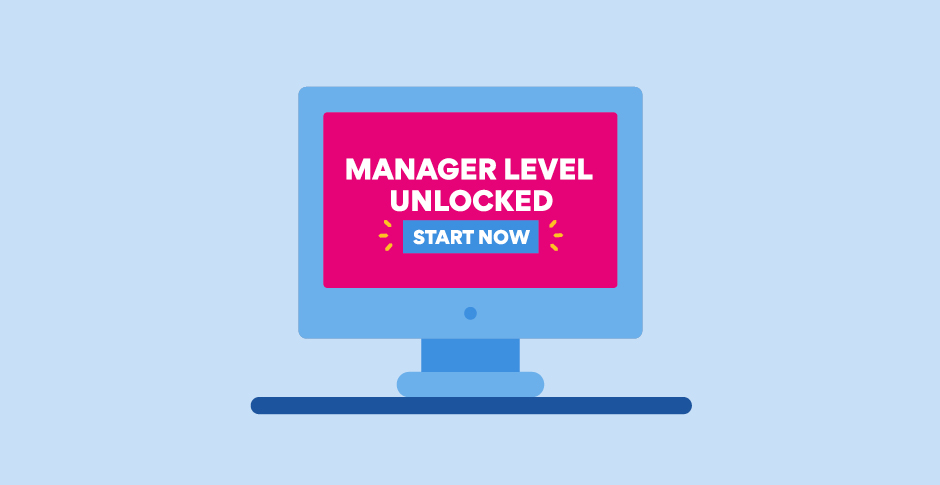Skills and experience take decades to develop. Never forget this…
When you’re looking for a job in your 40s, 50s or beyond, remember that you have unparalleled work and life experience, and thus a lot to offer prospective employers.
The single most important thing you can do, says recruitment professional Penni Hlaca, is to value yourself. Be proud of what you’ve achieved and what you have to offer and find an effective way to communicate this to potential employers. When selling yourself in your resume, cover letter, SEEK Profile, or at an interview, give yourself credit for these plus points, says Hlaca:
- You’ve been around longer and will have experienced many situations that younger workers simply haven’t encountered.
- You can mentor younger workers with your skills and life experience.
- You’re likely to be able to work more flexible hours and may be willing to take the shifts that others won’t
If you’re an established worker you’re likely to have learned the technical skills for the job. Over the years you’ve probably honed the interpersonal skills necessary to navigate the ins and outs of workplaces. That comes with experience. What’s more, the chances are that you’ve also learned how to adapt with change.
You’re needed in the workplace
When applying for roles, make sure that you distinctly match your experience to the requirements of the role, says Rebecca Supierz, HR manager at SEEK. Your resume and cover letter should be modified for each application to show where your experience matches the key criteria of each job.
If you’ve got a couple of decades of work under your belt, you’ll have experience that younger workers are less likely to have. “Remember that you would have had many valuable experiences over time, not all of them may have been in a professional setting,” she says. Think about whether you’ve mentored others or volunteered and make sure you include those where relevant.
“If you’ve held a variety of roles across a number of industries, this may be seen quite positively by employers,” Supierz says. Make sure that you call out adaptability across these industries and potentially changed technologies you’ve encountered or mastered as your career has progressed.”
“You can also be a mentor for younger workers,” says Supierz.” This will usually give you personal satisfaction and is a great way to boost your brand in the workplace.”
Be adaptable and learn
You’ve probably worked in a variety of roles over the years. This makes you adaptable and it’s important that you spell this out to potential employers. Outline examples of your adaptability in all stages of the application process, and be sure to remind them that you’re still learning, perpetually open to change.



